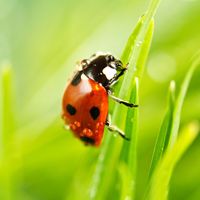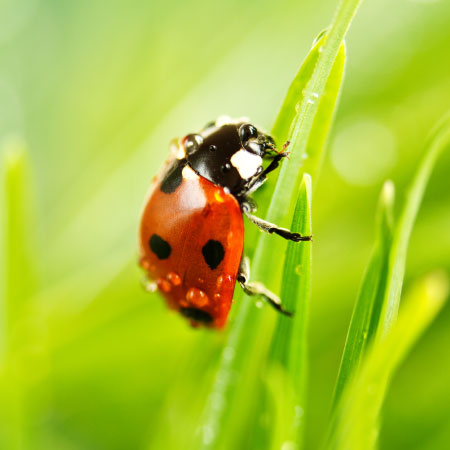Raspberry Bushy Dwarf Info: Learn About Raspberry Bushy Dwarf Virus

Sign up for the Gardening Know How newsletter today and receive a free copy of our e-book "How to Grow Delicious Tomatoes".
You are now subscribed
Your newsletter sign-up was successful
Gardeners growing raspberry brambles spend several seasons waiting for their first real harvest, all the while tending their plants carefully. When those raspberries finally start to flower and fruit, the disappointment is palpable when fruits are subpar. The same goes for older plants that once produced big, healthy fruits but now seem to halfheartedly set fruits that aren't fit for consumption. Let's learn more about treating plants with RBDV.
What is RBDV (Raspberry Bushy Dwarf Virus)?
If you're seeking raspberry bushy dwarf info, you're not alone. Many raspberry growers are shocked by the signs of raspberry bushy dwarf disease when they first appear, especially the fruit symptoms. Instead of setting healthy fruits, raspberries infected with raspberry bushy dwarf virus have fruits that are smaller than normal or crumble at harvest time. Yellow ring spots may appear briefly in the spring on expanding leaves, but soon disappear, making detection difficult if you're not in the brambles frequently. Since raspberry bushy dwarf virus is primarily pollen-transmitted, it may be difficult to know if your raspberries are infected before the fruit signs of raspberry bushy dwarf disease appear. If nearby wild raspberries are infected with RBDV, they can transmit it to your domesticated raspberries during pollination, leading to system-wide infection as the virus makes its way through your plants.
Treating Plants with RBDV
Once a raspberry plant is showing signs of raspberry bushy dwarf virus, it's too late to treat them and removal is the only option to stop the spread of this disease. Before you replace your raspberries though, scour the area for wild raspberries and destroy them. This may not protect your new raspberries completely, since pollen can travel long distances, but it will increase your chances of staying disease-free. You can also transmit RBDV to uninfected plants on unsterilized tools, so make sure to thoroughly clean your equipment before using it to plant certified nursery stock. When shopping for new raspberry plants, watch for the varieties 'Esta' and 'Heritage,' they are believed to be resistant to raspberry bushy dwarf virus. Dagger nematodes have also been implicated in the spread of RBDV between raspberry plantings, so choosing a completely new site for your new raspberries is recommended as a protective measure since these nematodes can be difficult to eradicate.
Sign up for the Gardening Know How newsletter today and receive a free copy of our e-book "How to Grow Delicious Tomatoes".

Kristi Waterworth was a regular contributor to Gardening Know How for many years, answering countless queries on plant pests and diseases.